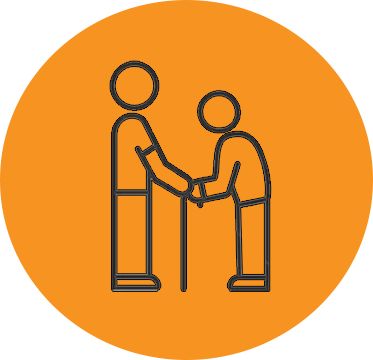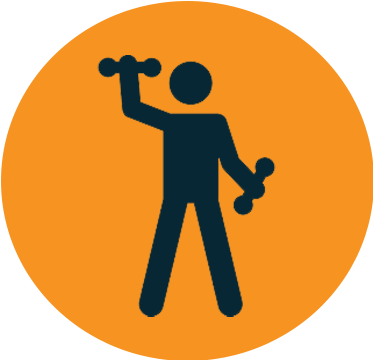All Things Senior

Home Living Services

Caregiving

Health and Wellness
Community Services
Volunteer

Valley Area Agency on Aging provides answers, action, and advocacy on care for the elderly and disabled adults of Genesee, Lapeer, and Shiawassee Counties by enhancing lives, empowering choice, sustaining independence, and supporting caregivers and families.
We are the bridge connecting seniors with the services they need. We have partnered with 90+ contracts and purchased service agreements with local organizations, which are then monitored for quality and effectiveness.
Access Senior Services
VAAA certified resource specialists are available to provide information and assistance on thousands of services and resources available for older adults over age 60.
Our team is dedicated to providing the resources that keep seniors and disabled adults living as independently as possible at home with dignity. Our goal is to prevent an unnecessary move into a nursing home.
All Things Senior
Valley Area Agency on Aging provides answers, action and advocacy on care for the elderly and disabled adults of Genesee, Lapeer, and Shiawassee Counties, by enhancing lives, empowering choice, sustaining independence and supporting caregivers and families.
VAAA is the bridge connecting seniors with the services they need. We have partnered with 90+ contracts and purchased service agreements with local organizations, which are then monitored for quality and effectiveness.
Our certified resource specialists are available to provide information and assistance on thousands of services and resources available for older adults over age 60.
Our team is dedicated to providing the resources that keep seniors and disabled adults living as independently as possible at home with dignity. Our goal is to prevent an unnecessary move into a nursing home.
Seniors can often get services started
Programs designed to enhance healthy lifestyles and promote healthy physical, mental, and social well-being.
At Valley Area Agency on Aging, we have resources and programs to support you and your journey. You are not alone.
Older Americans who volunteer frequently live longer and report better health. Volunteering can also lead to more friendships and a more positive attitude.
Our certified Resource Specialists are here to assist older adults (60+), individuals with disabilities, and family caregivers in Genesee, Shiawassee, and Lapeer Counties.
Independent Living Programs
Care Management
Care Management
Community Transition Service
Community Transition Service
MI Choice Waiver
MI Choice Waiver
Wellness Programs
Diabetes PATH
Diabetes PATH
Matter of Balance
Matter of Balance
Oral Health
Oral Health Screenings
Telephonic Wellness Checks
Arthritis Foundation Exercise Program
Arthritis Foundation Exercise Program
Dementia Friendly Movies
Dementia Friendly Movies
Caregiving Programs
Savy Caregiver
Savy Caregiver
Virtual Support Groups
Virtual Support Groups
Dementia Caregiver Workshop
Dementia Caregiver Workshop

